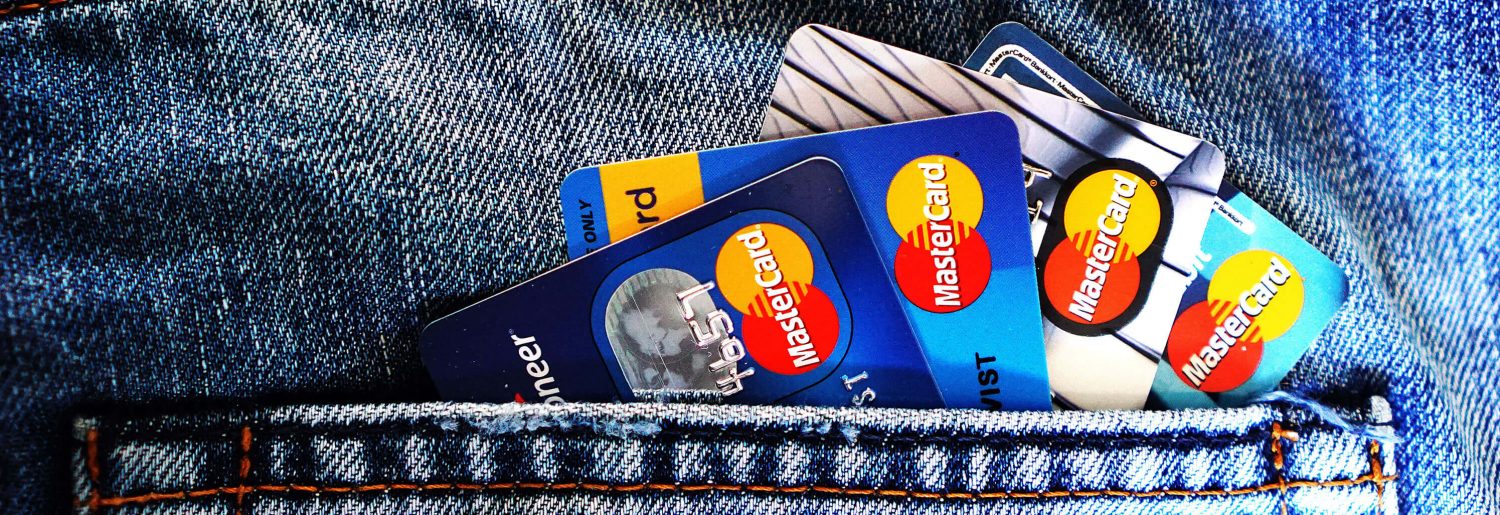You can reduce your risk of becoming a victim of one of the fastest growing crimes: identity theft.
Identity theft occurs when a thief uses personal information (like your bank account, driver license number, or Social Security number) to pretend to be you. The thief may open a new account or credit card in your name.
By posing as you, the thief runs up bills but never pays, leaving you with credit problems. Identity theft costs businesses billions of dollars each year. It costs consumers their good names.
The growing scourge of medical identity theft adds another, more dangerous element for victims: contamination of their medical records.
You can fight back by guarding your information and closely monitoring credit reports or freezing your credit reports. You can also learn how to freeze the credit reports of children and incapacitated adults.
North Carolina ID Theft Facts
Read our 2019 Data Breach Report. You can also review data breaches in North Carolina in 2018.
More than 167 million people in the US were victims of ID theft last year. (Javelin Strategy and Research, 2018)
North Carolina is currently 18th among the states in terms of identity theft.
Durham-Chapel Hill, Charlotte, Raleigh, Fayetteville, Rocky Mount, Winston-Salem, Asheville, and Jacksonville ranked in the top 150 metropolitan areas for ID theft complaints in 2017. (Cities are ranked by complaints per 100,000 residents. (FTC, 2017)
The identities of more than 10.3 million North Carolinians have been put at greater risk of ID theft by the more than 4,500 security breaches reported to us since December 2005.
Cost to Businesses and Consumers
We estimate that individual victims trying to restore their good names and credit spend about $500 and dozens of hours trying to undo the damage.
Many victims suffer in other ways, including:
- Being denied credit
- Being harassed by creditors for bills that aren’t really theirs
- Having their utilities cut off
- Getting sued
- Being arrested for crimes they didn’t commit

